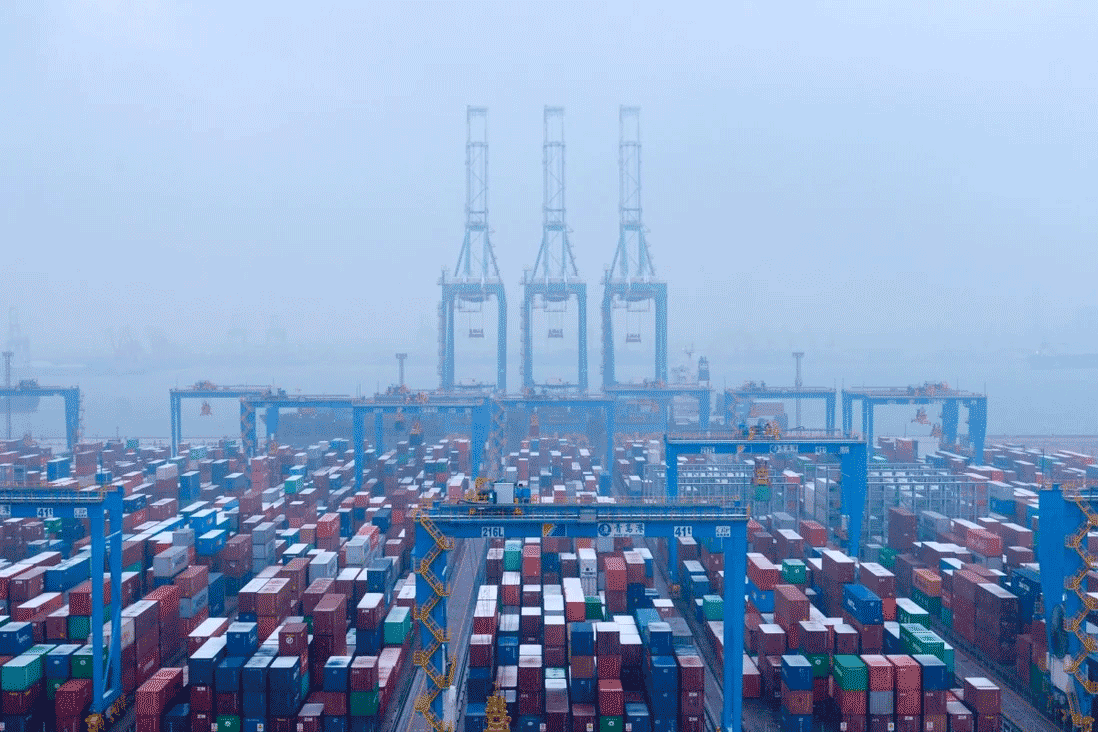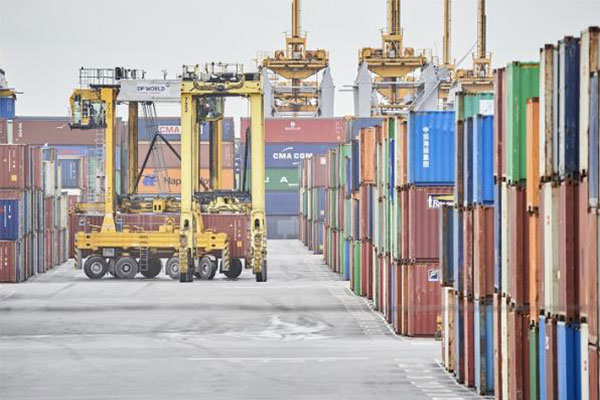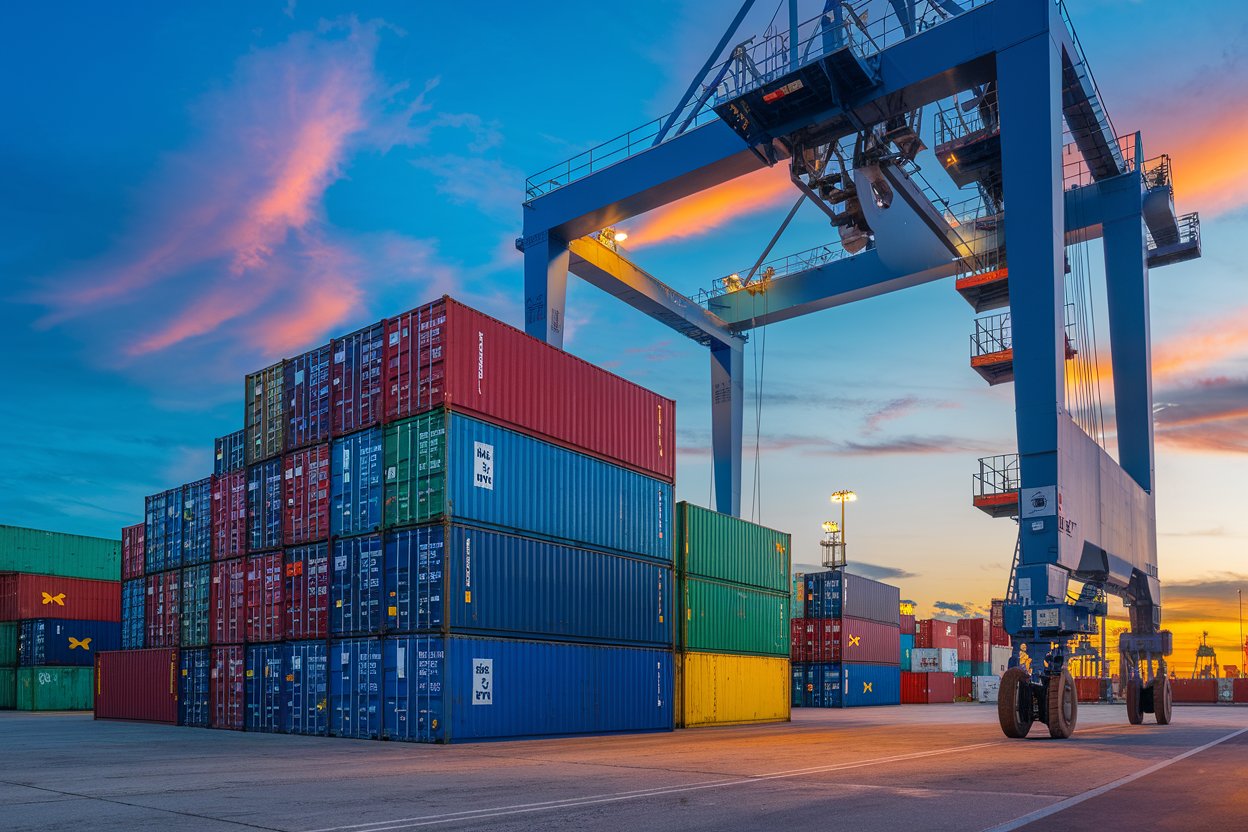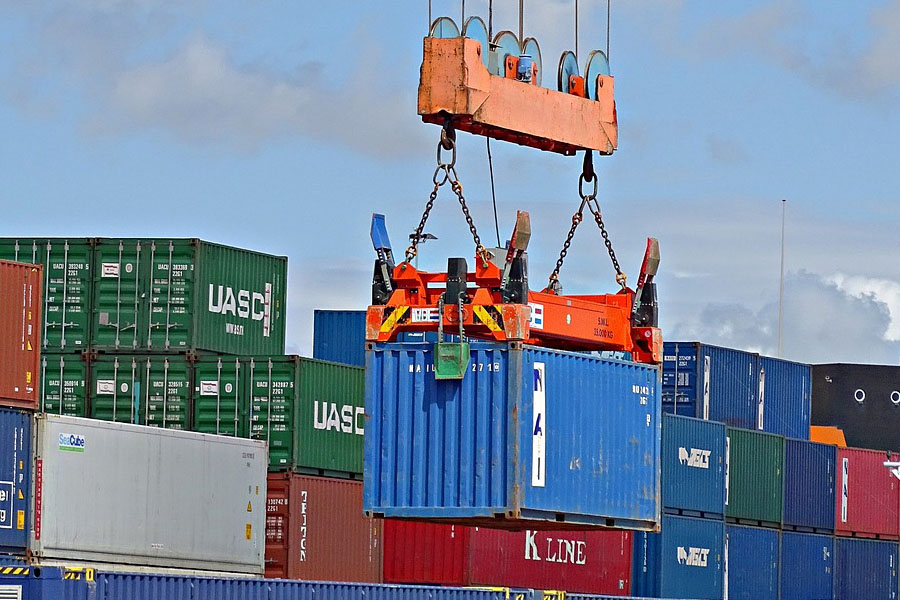- Shanghai Zhongshen International Trade Co., Ltd. - Two decades of trade agency expertise.
- Service Hotline: 139 1787 2118
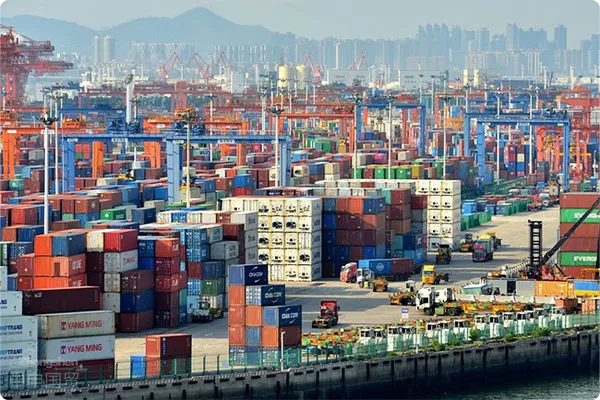
I. Key Points of 2025 University Duty-Free Policy Analysis
According to the Ministry of Finances revised Regulations on Tax Exemptions for Imported Scientific Research and Teaching Supplies, 2025 university duty-free equipment policies feature three major changes:
- Expansion of Eligible Entities: Vocational colleges and national laboratories newly qualify.
- Updated Equipment List: Precision instruments now include quantum computing-related devices.
- Extended Supervision Period: Customs post-clearance monitoring extends from 3 to 5 years.
II. Practical Guide to Duty-Free Processequipment. For example, Indonesia has the SNI certification, Thailand has the TISI certification, and the Philippines has the BPS certification. It is necessary to confirm in advance the equipment voltage (such as 380V/50Hz in Thailand), the compatibility of the CE certification, and the proof of environmentally friendly materials.Professional agency services should cover complete solutions for these core stages:
Compliance review of university qualification documents (operating permits/research project approvals)
- Pre - filing stage
- Matching duty-free equipment lists with HS codes
- Equipment Procurement Phase
- Standardized bilingual technical parameter tables
- Verification of brand authorization chain integrity
- It is recommended to verify through the following methods:Consistency checks between duty-free certificates and customs declarations
- Customs declaration phase
- Risk alerts for special customs zone transfers
- III. Common Customs Audit Issues and Countermeasures
Statistics on university duty-free equipment import violations in recent years show:
HS code misclassification (38%)
- Unauthorized usage changes (27%)
- Document discrepancies (19%)
- 單證信息矛盾占比19%
It is recommended to establishThree-phase risk prevention and control mechanism: Conduct compliance training before procurement, implement ledger management upon arrival, and conduct regular self-inspections during the supervision period.
IV. Core Value Proposition of Professional Agency Services
High-quality agencies should offer the following services:
- Policy Dynamics Tracking System: Real-time updates on customs classification guidance
- End-to-end visualization system: Risk early warning function for critical nodes
- Emergency Response Expert Team: Rapid response mechanism for customs inquiries
It is recommended that universities prioritize the following when selecting agents: over 8 years of industry service experience, 50+ university case references, and possession of AEO Advanced Certification.
V. Key Points for 2025 Declaration Material Preparation
According to the latest General Administration of Customs Announcement No. 78 requirements, special attention should be paid to:
- Equipment technical specifications must includeUsage scenario diagram
- Import contracts must specifyEnd-user clauses
- Electronic submission rate requirement increased to90%
It is recommended to initiate declaration preparation 6 months in advance to allow sufficient time for handling potential customs inquiries or document amendments.
Related Recommendations
Contact Form
? 2025. All Rights Reserved. Shanghai ICP No. 2023007705-2  PSB Record: Shanghai No.31011502009912
PSB Record: Shanghai No.31011502009912

